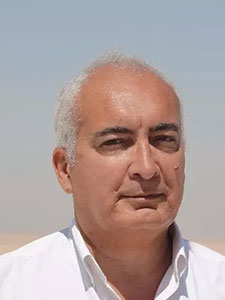Our members, volunteers, and sponsors are the fuel that power this organisation. We can use Questionpro’s free survey templates to constantly keep in touch with them, understand their expectations and work towards their satisfaction with this simple yet robust tool.
